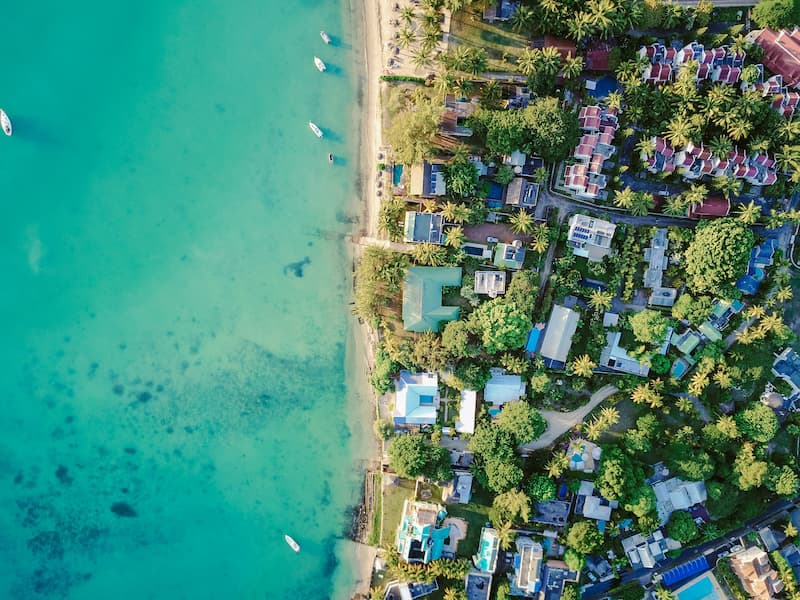New EU4OceanObs use cases highlight value of ocean observation for coastal resilience and marine biodiversity conservation and restoration.

Two new use cases have been developed highlighting ocean observation’s crucial role in supporting Coastal Resilience and Marine Biodiversity conservation. The latest additions join the EU4OceanObs use cases for fisheries, eutrophication, Sargassum, Arctic Sea ice and marine litter.
The EU4OceanObs use cases serve to raise awareness of ocean challenges and highlight the societal benefits of the Earth observation value chain in creating solutions. The goal is to generate more interest in and uptake of marine data, increase the development of ocean and coastal observation-driven solutions, and drive global commitment and funding to support ocean observations. They showcase EU assets and contributions, demonstrating EU commitment to, and leadership in, enhancing ocean knowledge and understanding towards sustainable development and protection of marine ecosystems and coastal communities.
Creating resilience against coastal hazards
Coastal zones are important environmental, social and cultural regions. These are also densely populated and actively exploited areas that are also subject to climate change pressures. Together, these factors promote the development of hazards that impact marine ecosystems and societies that depend on coasts for their livelihoods. Sea level rise is a central issue in low-lying areas. Flooding, for example, can cause the displacement of large sections of a community and compromise the quality of drinkable water for locals. Other coastal hazards such as storms, shoreline changes, pollution and eutrophication also affect coastal communities and marine life. For example, the degradation of habitats such as coral reefs, which work as natural barriers against storms, makes coastal communities vulnerable to wave damage caused by storms.
The coastal resilience use case stresses the need for ocean observation and derived services and applications to address such hazards through monitoring and forecasting coastal zones, developing early warning systems, and long-term physical and chemical monitoring systems, all of which help societies prepare and adapt to hazards. Considering the variable conditions and the expected more extreme events aggravated by human-induced climate change, Earth observation applications for studying the coastal zone are valuable to many sectors of society, such as local authorities, policy and decision-makers and marine-dependent economic activities.
Protecting and restoring marine biodiversity
A healthy, productive, and resilient ocean is one that is rich in a diverse array of marine life. Healthy ocean ecosystems can, in turn, support various economic sectors. Fisheries, for example, feed millions of people – including in communities almost entirely reliant on the ocean for food.
The marine biodiversity use case shows how ocean observations allow us to monitor and understand the state of marine ecosystems and living organisms and better manage human activities. Through remote sensing techniques (satellite and airborne sensors) and the direct measurement of key ocean characteristics such as water temperature, oxygen concentration, and information on the presence of certain species, we can know the physical, chemical and ecological state of marine ecosystems. This information can help us regulate the distribution of fisheries activities, delimit protected areas and draw conservation plans for ecosystems, habitats, and marine species.
The European Union’s commitment
The ocean observation value chain already has enormous value for society and the environment, but there is still room for improvement. Recommendations to improve monitoring and forecasting systems, boost the uptake of marine data and information gathered from Earth observation and create applications to support society and the environment are also showcased in both use cases.
The use cases also list EU-funded initiatives, policies, and services tackling relevant gaps in marine data, product distribution, knowledge coordination, and regulations, highlighting how the European Union is advancing ocean monitoring to protect marine ecosystems and enhance the well-being of coastal communities.
Useful links:
- EU4OceanObse use case on coastal resilience – EU4OceanObs-coastal_usecase_Sept2024.pdf
- EU4OceanObse use case on marine biodiversity – EU4OceanObs-marinebiodiversity_Sept2024.pdf
- Learn about the EU4OceanObs use cases: https://www.eu4oceanobs.eu/use-cases/
- Learn about the EU4OceanObs workshop “Use cases as a tool to show the societal value of ocean observing towards coastal resilience and marine biodiversity”





